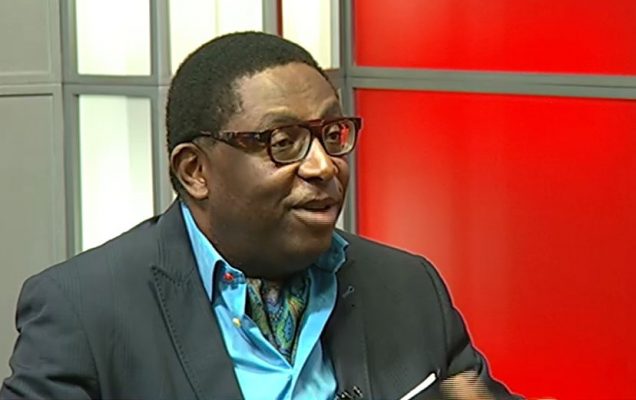President Bola Tinubu’s announcement that Nigeria has already met its four-year revenue target in August sent ripples of optimism through policy circles. Surging non-oil revenues, powered by tax reforms, customs automation, and tighter compliance, helped collections surpass ₦20.5 trillion — a landmark moment in the government’s effort to diversify away from oil. For the first time in recent memory, authorities also claimed no domestic bank borrowing.
But according to the CEO of CFG Advisory, Tilewa Adebajo, the picture is more nuanced. “The 2025 budget specifies a revenue target of about ₦36 trillion, with a projected deficit of ₦13 trillion. By mid-year, only ₦5 trillion came from oil revenues and ₦14.7 trillion from taxes, including oil taxes. While the reported ₦20 trillion is accurate, we remain significantly short of the budgeted ₦36 trillion, leaving a large gap to fill,” he explained.
YOU CAN ALSO READ: Awosika, Osinbajo to Inspire Women at TEW Summit 2025
Adebajo also highlighted concerns over subsidy savings and transparency. “The NNPC is remitting only about half of the fuel subsidy savings, and about ₦16 trillion remains unmet. If new revenue sources exist, clarity is urgently needed,” he said.
On the non-oil sector, Adebajo pointed out that much of the revenue growth has been offset by inflation and exchange rate adjustments. “Corporate revenues have rebounded, but with inflation running between 22% and 30%, the real gains are muted. To understand actual growth, revenues must be discounted for 25–30% inflation,” he said.
Debt, meanwhile, continues to weigh heavily. Nigeria’s public debt now stands at over ₦149 trillion and could reach ₦160 trillion by year-end. “After the Paris Club relief, debt fell from $30 billion to $5 billion in 2015. Today, it exceeds $100 billion. Fiscal distortions, including ₦32 trillion in ways and means financing, have destabilized the system,” Adebajo observed. While acknowledging improvements like halting ways and means financing and moving toward more transparent debt management, he cautioned that fiscal discipline remains fragile.
Looking ahead, Adebajo stressed the importance of prudence. “Government spending drives core inflation. To reduce inflation meaningfully, budgets need to be curtailed so monetary policy can take effect. That’s the key to enabling private sector growth and restoring purchasing power,” he said.
YOU CAN ALSO READ: Fela Durotoye, Niyi Adesanya, Alibaba, Others Headline Uncaged 2025 in Lagos
For him, Nigeria’s economy must aim higher. “We need 8–10% growth to generate broad-based prosperity. Historically, this enabled access to mortgages, loans, and consumer goods, lifting millions into the middle class. Without that level of growth, the population risks remaining trapped in poverty,” he warned.
Adebajo also urged the Central Bank to give clear guidance through inflation-targeting, rather than relying on political statements. And while reforms have been applauded globally, he underscored that public trust remains weak. “Social intervention programmes have been ineffective. Reducing inflation is the only practical way to restore purchasing power for the majority of Nigerians,” he concluded.










